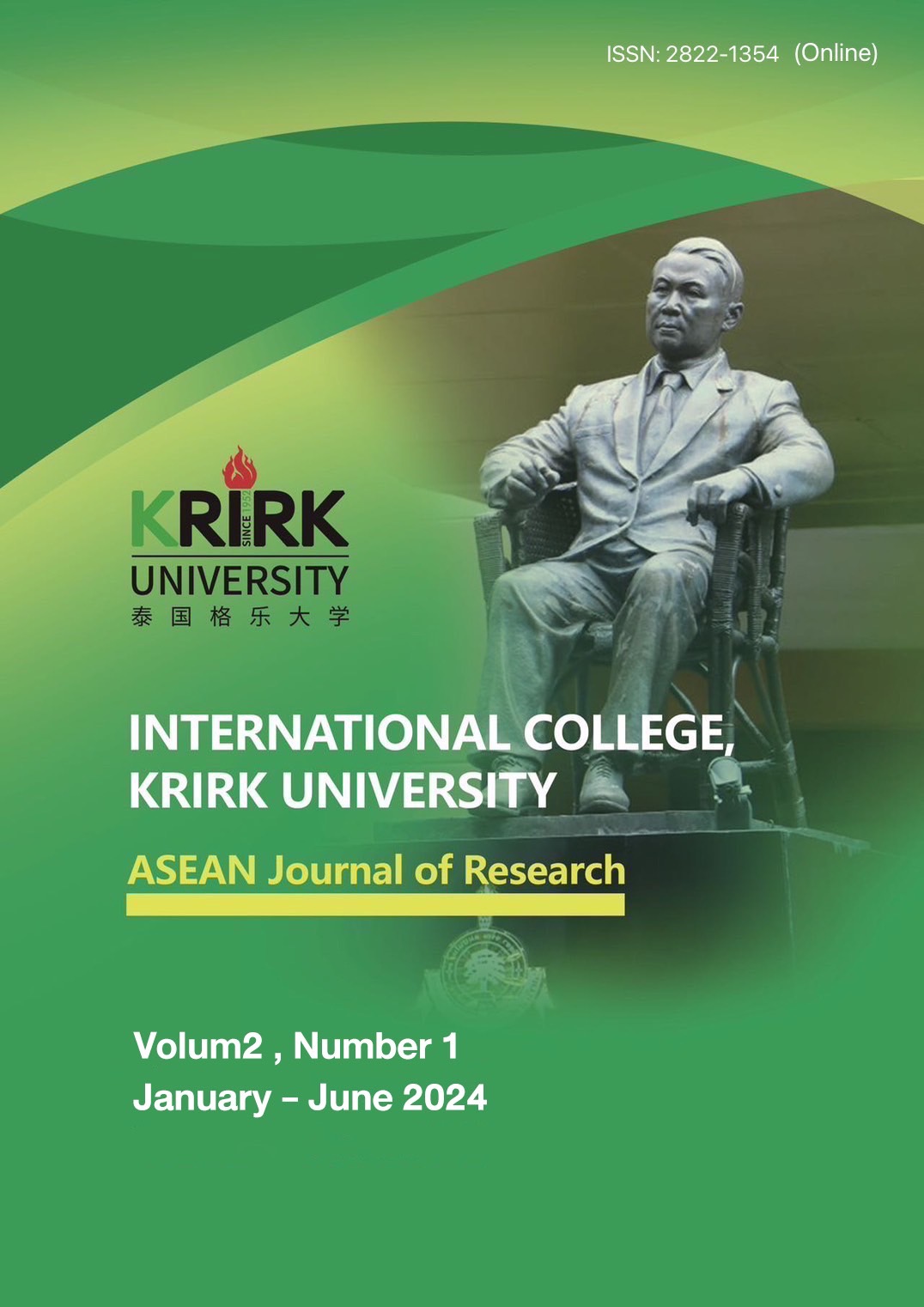Research on the Factors Affecting the Quality of Cross-border E-commerce Talent Cultivation and Optimization Strategies of Guangxi University of Finance and Economics
Keywords:
cross-border e-commerce, talent cultivation, influencing factors, optimization strategiesAbstract
Currently, universities in China urgently need to improve the quality of talent cultivation to meet the rapid development of the cross-border e-commerce industry. In this context, the authors used a questionnaire survey to investigate the current situation of cross-border e-commerce talent cultivation in Guangxi University of Finance and Economics. Based on the descriptive statistical analysis of the obtained data, this paper summarizes the main factors that affect the quality of cross-border e-commerce talent cultivation in the university, and proposes optimization strategies to improve the quality of cross-border e-commerce talent cultivation from seven dimensions: the talent cultivation goals, the construction of teaching staff, curriculum settings, teaching methods, teaching contents, assessment methods, and school-enterprise cooperation, which can provide reference for other universities in this field.
References
Beaumont, J. (2020). Cross-disciplinary professional development at community colleges. Community College Journal of Research and Practice, 44(2), 99-116.
Cao Y. (2019). Research on the construction of the quality model of science and technology communication talents under the new media environment and the innovation training of colleges and universities. Hefei: University of Science and Technology of China 7, 67-68.
Cao, D. (2020). Research on the training system of cross-border e-commerce talents for international trade and economic cooperation majors - Based on Cooper's experience learning circle theory. North Economic and Trade, 12, 132-134.
Hu L. and Zhang B. (2021). Mixed learning: Towards the teaching structure design of technology enhancement. Modern distance education research, 4, 21-31+41.
Krejcie, R.V. and Morgan, D.W. (1970). Determining sample size for research activities. Educational and Psychological Measurement, 30(3), 607–610.
Lian Y. (2021). Research on the ecological training mode of cross-border e-commerce talents in colleges and universities. Chinese Journal of Education, S2, 379-380.
Peng W. (2018). Research on the reform of practical English teaching based on the competence-based theory. Journal of Nanchang University of Education, 10, 146-147+154.
Su Q. (2020). Research on the cultivation of international trade professionals of independent colleges in the context of "cross-border e-commerce." Economic Research Guide, 17, 84-87.
Sun L. and Wang, F. (2018). Current situation and countermeasures of China's cross-border e-commerce development. China's Circulation Economy, 3, 38-41.
Wu N. (2019). Reconstruction of instructional design framework from the perspective of blended learning - The supporting role of educational big data on instructional design. China Audio Visual Education, 5, 18-24.
You M. and Liu, X. (2020). A literature review on the training model of application-oriented undergraduate talents at home and abroad. Journal of Hubei Correspondence University, 14, 1-2.
Zheng, X. and Zhao T. (2020). Analysis of the training path of cross-border e-commerce talents in the information age. Jiangsu Business Theory, 11, 25-27.
Downloads
Published
How to Cite
Issue
Section
License
Copyright (c) 2023 ASEAN Journal of Research

This work is licensed under a Creative Commons Attribution-NonCommercial-NoDerivatives 4.0 International License.
The Copyright belongs to the ASEAN Journal of Research




